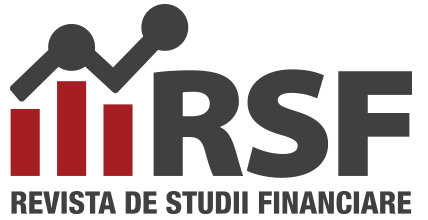Authors: Marius Cîmpan, Cătălin-Paul Păcuraru-Ionescu, Sorin Nicolae Borlea
Vol. 8 • No. 14 • May 2023
Abstract
This study is a review of the main issues in public audit. The theoretical concepts of operation, organizational differences, national and regional peculiarities, visions of specialists in the field, etc. are investigated. Practically all states in the world have institutions or commissions with the ability to check the bodies that work with public money. There are three basic models based on which any superior entity in the public audit functions: Westminster, the board of administration, and Napoleonic. Obviously, variations may appear. However, there are more and more trends of structural and functional similarity of higher institutions. Their sources are classified into three types of isomorphism: coercive, mimetic and normative. For a deeper analysis, we did not limit ourselves to findings of the structures, but we even addressed the theoretical bases of the necessity or value of the public audit. Within the broader framework of neo-institutional theory, we have reviewed six economic and administrative theories that could explain the demand for public audit: agency theory, signal theory, assurance theory, management control theory, governance theory, and confirmation theory. In order not to remain only in the strictly theoretical framework, we also discussed the opinions of specialists working in the field, expressed through a questionnaire administered by the International Organization of Supreme Audit Institutions. The conclusions try to foreshadow some future trends in public audit, under the pressure of current economic transformations.
Keywords: public audit, neoinstitutional theory, agency theory, signal theory, management control theory.
JEL Classification: H83, M42, L3.
DOI: 10.55654/JFS.2023.8.14.2
